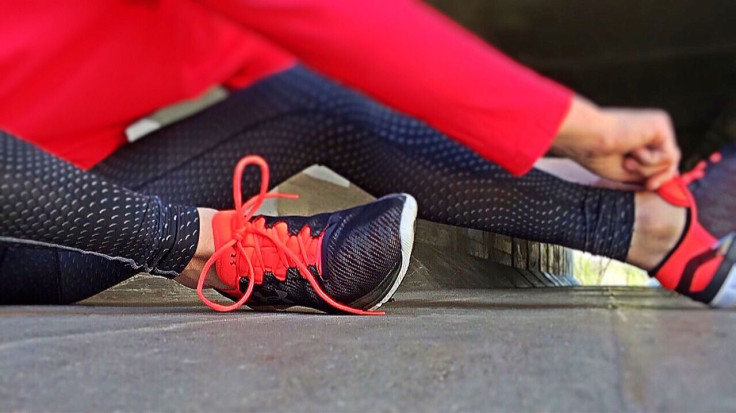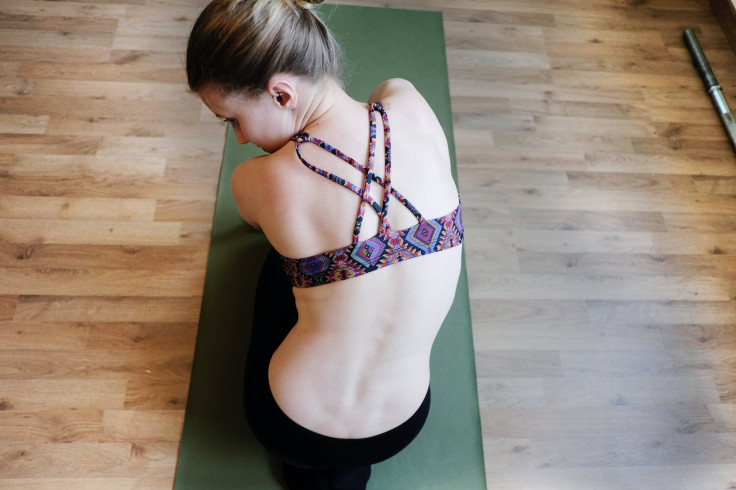How To Live Longer? Just Exercise For 11 Minutes Daily, Study Reveals

KEY POINTS
- A study suggests that 11 minutes of daily exercise can do wonders for one's life expectancy
- More time spent sitting or lying is linked to a number of health risks
- Researchers studied data from wearables worn by 44,370 middle-aged men and women in the U.S., Norway and Sweden
Finding time to exercise is a challenge for most busy adults, and staying active has gotten even harder due to the lockdowns. But new research has suggested that one only needs 11 minutes of exercise a day to live longer.
The effect of exercise on life expectancy has long been proven by numerous studies, with findings revealing that it lowers the risk of developing age-related diseases such as cardiovascular disease and type 2 diabetes. But low-energy activities such as sitting, reclining and lying have been linked with a lot of health risks and a shorter lifespan.
But a new study published in the British Journal of Medicine revealed that even just a little movement each day can have a huge effect on a person's lifespan.
Researchers found that people who sat for about eight to 10 hours daily but managed to squeeze in about 11 minutes of moderate-to-vigorous exercise a day were less likely to die early than those who only got about two minutes of exercise a day.
The results were acquired by studying the data from wearable activity trackers worn by 44,370 middle-aged men and women in the U.S., Norway and Sweden. The participants were followed for four to 14.5 years. In that period, 3,451 of the participants died.
In comparison, it has been recommended in the physical activity guidelines for Americans that adults should do at least 150 to 300 minutes a week (or 20 to 45 minutes a day) of moderate-intensity activity, CNBC noted. Another option is to do vigorous-intensity aerobic physical activities for 75 to 150 minutes a week (or 10 to 20 minutes a day).
Vigorous exercise includes jogging, running, taking a fitness class and carrying a heavy bag of groceries up the stairs, while moderate-intensity activities include taking a brisk walk or raking the yard.
Though it is still unclear exactly how much physical activity one needs to combat the effects of sitting, researchers who worked on the study reported that having a little bit of movement still does wonders to one's health. After all, a small amount of exercise is better than none.

© Copyright IBTimes 2025. All rights reserved.





















